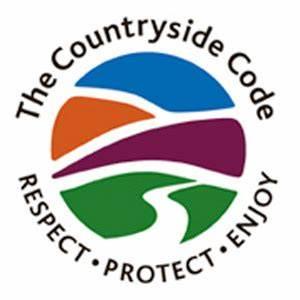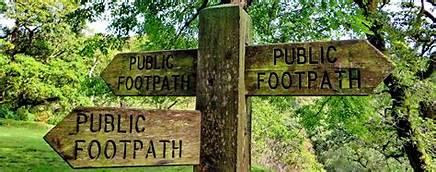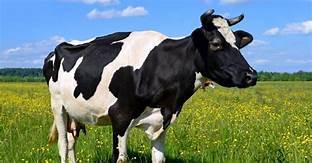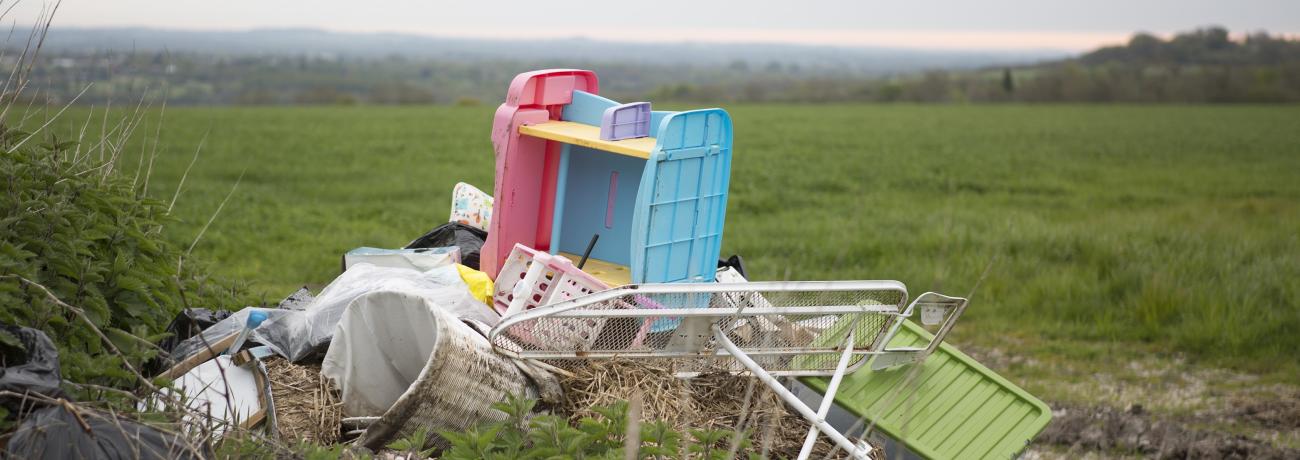The protectors of the countryside
The protection of the countryside - and sharing an education on how to use it sensibly - has always been an important and long-standing campaign for many organisations. This continues to be the case as the love for the countryside is felt up and down the country.
Whilst visiting the countryside is a wonderful way to refresh the mind and body, it is also home to those trying to maintain and look after it. Remember to respect other people and protect the natural environment, making sure to leave things as you found them, by following the Countryside Code.

This includes:
- Avoiding gates, but if you have to use them, make sure they remain closed if that’s how you found them.
- Taking all litter home with you.
- Keeping dogs on leads and under control, especially when indicated by signs.
- Following signs that outline public footpaths and alternative routes.
- Making sure you don’t pass through farm yards, gardens or close to people’s homes.
- Adhering to social distancing guidelines.
Information relating to what you can and cannot do when accessing green spaces is being updated as lockdown restrictions are eased. You can read the full details of the updated guidance on the GOV.UK website, here.
Use and misuse of public footpaths
Since the start of the year, many parts of the country have seen episodes of wintery weather. Mix this with the splendour of a nice countryside walk and the result is a messy one in which the countryside has suffered. Footpaths have been widening, intruding on fields which local farmers use for crops and grazing spaces.
It is important that the public are aware of what is – and more importantly, what is not – a public footpath. We always encourage our members and supporters to be on the lookout for signs indicating what can and cannot be accessed by the public.


Animals and livestock
It is not just public footpaths and access to land that we have to keep in mind when thinking of how to use the countryside sensibly, but those who live there too – and we aren’t necessarily referring to the farmers themselves, but the animals and livestock that they keep. The countryside is as much their home as anyone else’s and there are countless ways that we, the public, can ensure their safety and that they are left well alone.
The first is to make sure that all dogs are on leads and under control when near to any fields containing livestock. Livestock worrying is an incredibly troubling aspect of rural crime that can cause serious difficulties for both farmers and dog owners. Livestock worrying can have many effects, with some animals being savaged on site whilst others are impacted in different ways. This can include ewes aborting due to stress and animals dying of exhaustion after being chased.
We urge all members of the public to keep an eye on dogs, always keeping them with you and under control to prevent distressing incidents such as livestock worrying.
The battle against littering and fly-tipping
Probably one of the most common aspects that springs to mind when thinking about how to treat well and preserve our countryside is the ongoing battle against fly-tipping. It is an issue that has united communities as they band together, alongside organisations such as us, to fight against the injustice of the crime.
The key facts surrounding fly-tipping are:
- Anything as ‘little’ as a black bag’s worth of litter or more, counts as fly-tipping.
- Fly-tipping is the only crime where the victims (private landowners) have a legal responsibility to dispose of the waste.
- The average cost to clean up an incident is £800.
- Only 1 in 600 incidents of fly-tipping lead to a prosecution.
- Estimates of true costs of fly-tipping lie between £100m and £150m each year.
Fly-tipping will always be a hot topic among those who witness it, who fall victim to it, and end up having to fit the bill to deal with it. To anyone who thinks that it is a victimless crime – it most certainly is not.

